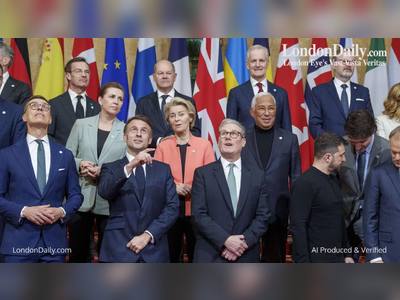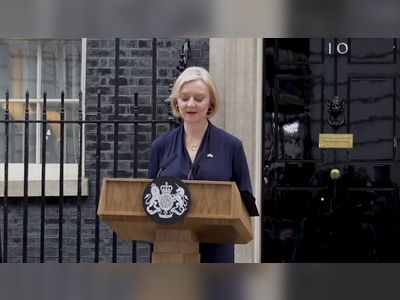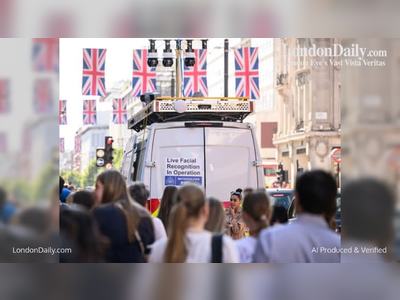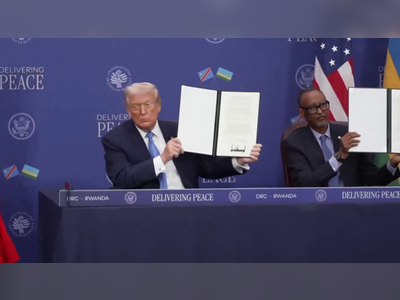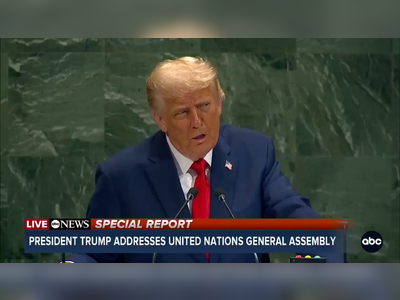US Border Czar Tom Homan Declares UK No Longer a ‘Friend’ Amid Intelligence Rift
Senior Trump-era official attacks Britain’s stance on sharing intelligence for US drug-vessel strikes
Tom Homan, a senior official in the administration of President Donald Trump, said the United Kingdom could no longer be considered a reliable ally of the United States following reports that London paused intelligence-sharing on suspected drug-smuggling vessels in the Caribbean.
Homan said bluntly that he did not regard the United Kingdom as a ‘friend to this country and friend of the president’, in remarks made to reporters.
The sharp tone comes after British intelligence reportedly suspended co-ordination with the US in maritime operations targeting vessels tied to narcotics trafficking.
The UK reportedly withdrew support amid concerns the US strikes amounted to extrajudicial killings and raised legal liability under international law.
In response, US Secretary of State Marco Rubio denied the suspension had occurred, describing stories that London had cut co-operation as “a false story” and reaffirming the strength of the US–UK partnership.
The mixed signals underscore a rare public strain in the long-standing “special relationship”.
In the Caribbean basin, the US-led campaign of lethal action against suspect vessels has killed dozens of alleged traffickers since September.
The UK, which provides surveillance from its territories in the region to US agencies, reportedly grew alarmed that its intelligence could be used to enable operations that breach maritime law and human-rights norms.
London has refused to confirm the intelligence pause, citing standard policy.
Mr Homan’s comments carry symbolic weight: as US border czar, he emphasised national security and the protection of American citizens, framing the UK’s conduct as detrimental to those goals.
He also deflected detailed questions to other US officials, indicating the matter lies within broader defence or diplomatic jurisdiction.
The episode reflects deeper geopolitical fault-lines: the US views its counter-narcotics operations as an extension of homeland defence, citing links between organised crime and national security.
The UK, meanwhile, positions itself as bound by international law and cautious about complicity in lethal military strikes outside clear armed-conflict parameters.
The diplomatic backdrop is complex.
Although the UK and US remain close across defence, intelligence and trade, this episode highlights how divergences over legal interpretation and operational risk can strain even robust alliances.
For now, the public commentary underscores the fragility of shared strategic frameworks when policy shifts occur unilaterally.
Homan said bluntly that he did not regard the United Kingdom as a ‘friend to this country and friend of the president’, in remarks made to reporters.
The sharp tone comes after British intelligence reportedly suspended co-ordination with the US in maritime operations targeting vessels tied to narcotics trafficking.
The UK reportedly withdrew support amid concerns the US strikes amounted to extrajudicial killings and raised legal liability under international law.
In response, US Secretary of State Marco Rubio denied the suspension had occurred, describing stories that London had cut co-operation as “a false story” and reaffirming the strength of the US–UK partnership.
The mixed signals underscore a rare public strain in the long-standing “special relationship”.
In the Caribbean basin, the US-led campaign of lethal action against suspect vessels has killed dozens of alleged traffickers since September.
The UK, which provides surveillance from its territories in the region to US agencies, reportedly grew alarmed that its intelligence could be used to enable operations that breach maritime law and human-rights norms.
London has refused to confirm the intelligence pause, citing standard policy.
Mr Homan’s comments carry symbolic weight: as US border czar, he emphasised national security and the protection of American citizens, framing the UK’s conduct as detrimental to those goals.
He also deflected detailed questions to other US officials, indicating the matter lies within broader defence or diplomatic jurisdiction.
The episode reflects deeper geopolitical fault-lines: the US views its counter-narcotics operations as an extension of homeland defence, citing links between organised crime and national security.
The UK, meanwhile, positions itself as bound by international law and cautious about complicity in lethal military strikes outside clear armed-conflict parameters.
The diplomatic backdrop is complex.
Although the UK and US remain close across defence, intelligence and trade, this episode highlights how divergences over legal interpretation and operational risk can strain even robust alliances.
For now, the public commentary underscores the fragility of shared strategic frameworks when policy shifts occur unilaterally.


